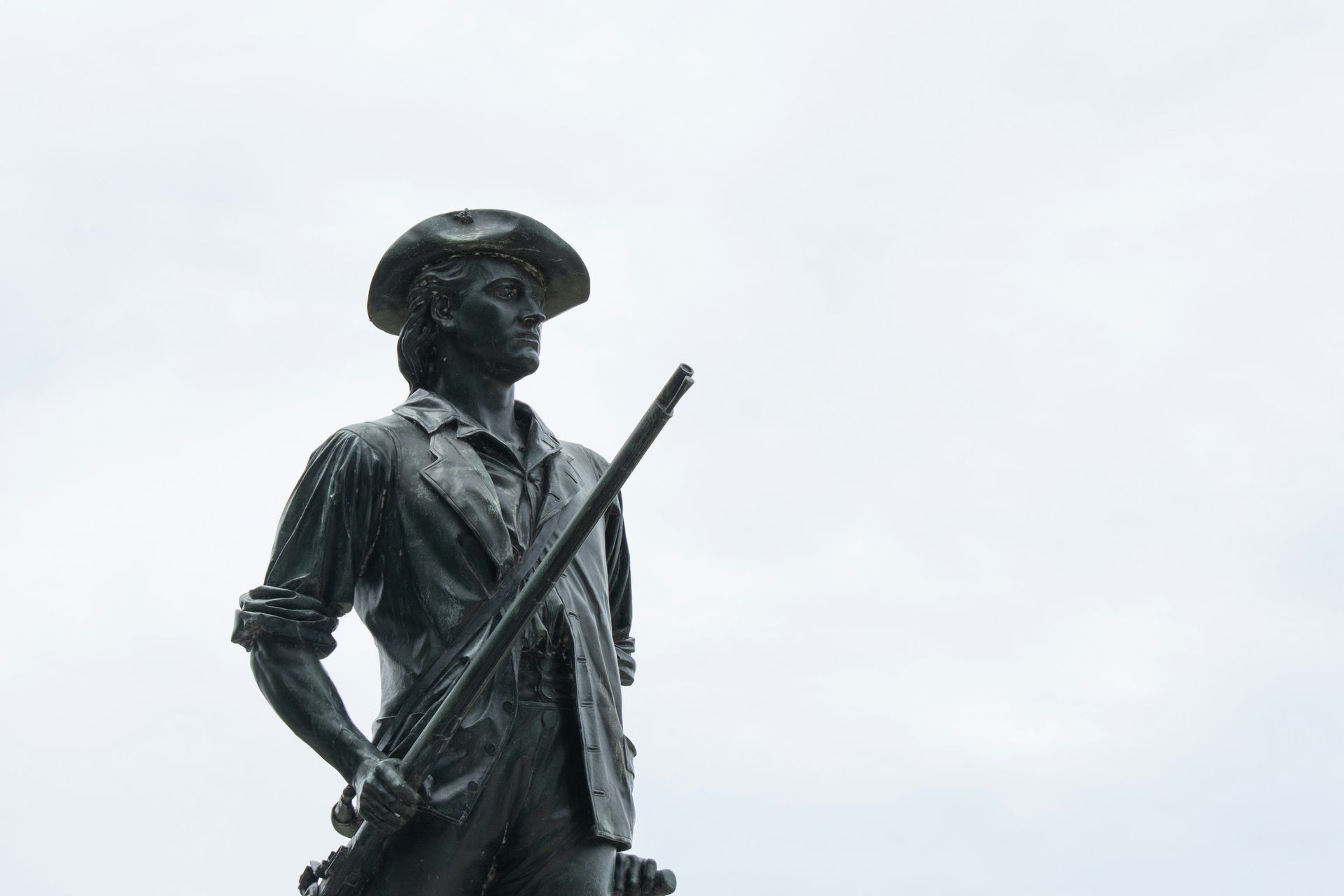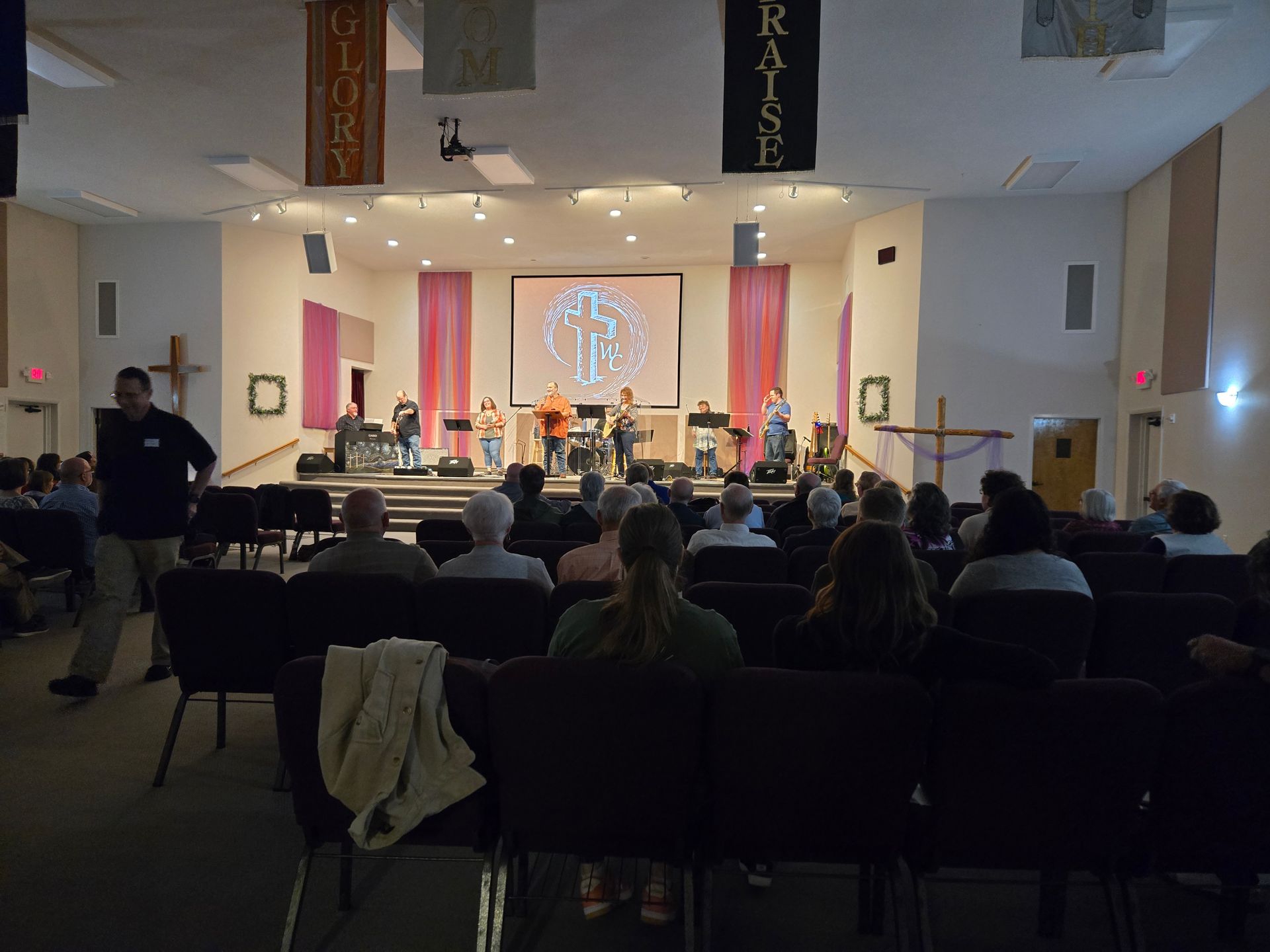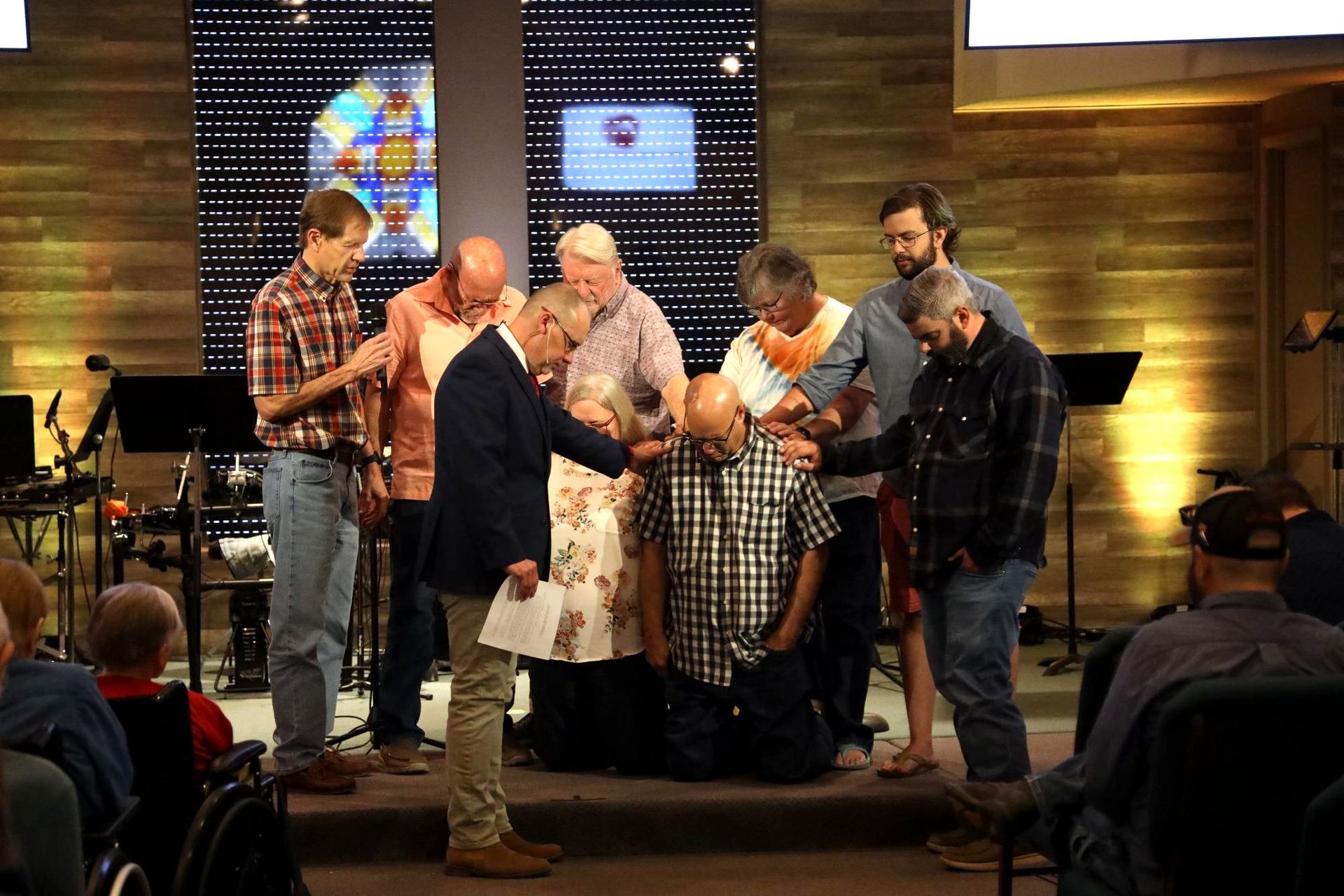Brethren Nice and the Public Square
I recently heard an ordained academic offer thoughts on how to close the tremendous chasm that divides our society. He reminded me that all persons of good will, including most readers of this, yearn to repair our broken public square.
As a historian, I suggest drawing lessons from a past Brethren hero for the present.
The remarkable Brethren personage was Christopher Saur II, a preacher for the Germantown, Pennsylvania, congregation, and the proprietor of one of the most significant printing empires in colonial America. He had more public influence than any other Dunker before the great Brethren
splits of the 1880s.
Unlike most Brethren of his generation, Saur was politically active. His newspaper and almanac circulated widely among the German diaspora in the British North American backcountry, and occasionally he used it to express his political views.
This Dunker preacher, for example, worked against slavery. Owning other persons was legal in Pennsylvania, as it was everywhere in the British Empire, and approximately 8% of Philadelphia was enslaved. When the Pennsylvania Assembly debated a controversial ten-pound duty on the
importation of slaves, intended to limit their flow into the colony, Saur denounced the slave trade as “an evil and a sin,” and he lamented the growing involvement of Germans in it. The tax passed.
A few months later, an enslaver placed an advertisement in the Saur newspaper seeking to recover a runaway. The ad described the fugitive as illiterate in both English and German, quite black, barefoot, clad in tattered clothing, and a nose with two piercings, likely indicating African
birth. (No wonder the runaway was illiterate in English and German.) Saur jumped on the slave’s tattered clothing with a sarcastic editorial comment, asking why the fugitive “was so senseless and ran away barefoot and wearing old clothes; he should have put on new ones!” Saur added that if “masters often did to their employees what is just and equal” and if they remembered God, “many would not run away.”
Saur also waded into a controversy over whether Pennsylvania should be a royal or proprietary colony. For him, at stake was religious freedom, which he considered nearly perfect under the status quo (a proprietary colony.) He issued sharply worded broadsides to make his point. He
accused Benjamin Franklin, “that selfish F,” a prominent supporter of the proposal, of pursuing the change out of self-interest with little concern for the public welfare. He taunted supporters of his position to “vote like men and not like frightened women”—voters cast public rather than
secret ballots—and he derided his opponents as freaks or monsters, using a German word (misgeburter) that implied a birth defect. Saur’s political elbows could be sharp.
In sum, Saur’s activism is admirable. He reminds us to go into all the world, including the public square, preaching and teaching and not to hide our faith under a basket. Our broken public square needs good people entering, not leaving, it.
Saur’s antislavery is especially inspiring. His position on slavery was in front of public opinion; it pushed the envelope. He resembled Quaker leadership, which also criticized slavery but was out of step with its rank-and-file. Saur deserves admiration for a public, faith-based position on
controversial legislation. Perhaps current Brethren of good will can find an issue that is right but not especially popular. (Popular issues don’t need our help.)
On the other hand, in these times of strident incivility, Saur’s biting language does not inspire. This side of Saur reminds us to remember who we are as we enter the public square. Of course, Brethren are imperfect, and sometimes church politics brings out the worst in us. But mostly Brethren are remarkably warm-hearted. Folks whose cars break down in front of Brethren homes have selected a fortunate location. Let’s take that good-hearted nature into public debate.
You don’t need to run for Congress. But pursue your calling. Get a yard sign. Donate to refugees, which in these hyper-politicized times, counts as a political statement as well as old-fashioned charity.
Nothing could do more for our broken public discourse than Brethren participation. Christopher Saur II, for better and for worse, motivates us to enter the public square and be Brethren nice.
Steve Longenecker is Professor of History, emeritus, at Bridgewater College (VA).











